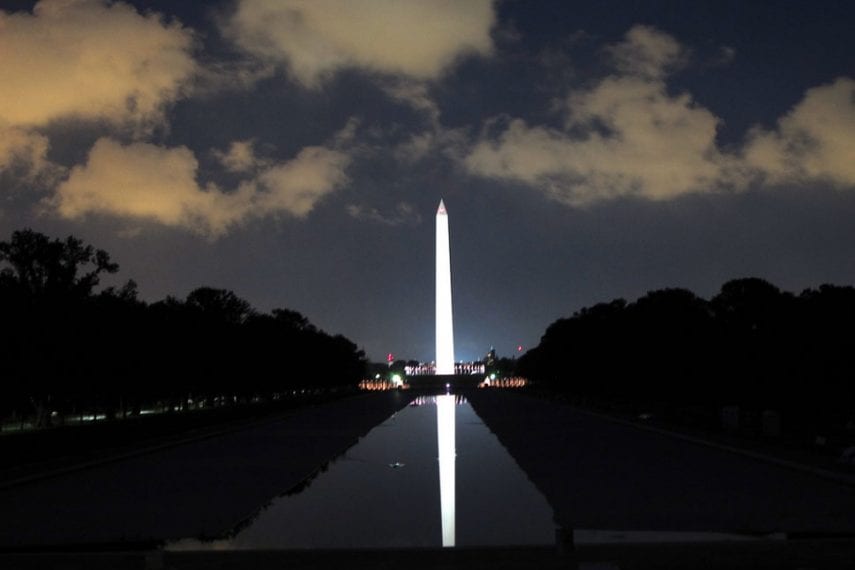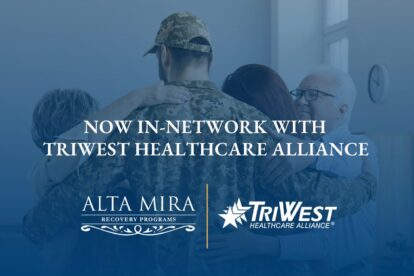Unite to Face Addiction: A Rally For Recovery, Hope, and Policy Change Makes History

On October 4, 2015, history was made. Tens of thousands of people, separated by age, race, geography, socioeconomic status, and political beliefs, braved the rain-heavy skies and joined together to issue a rallying cry in the fight against addiction. People came alone, with family, with friends, and with advocacy groups from across the country. They came in the memory of lives lost, to share stories of triumph, and with hope for creating a better future. In Washington D.C., they gathered under the banner of Unite to Face Addiction, a rally conceived by Facing Addiction, a non-profit advocacy group, and joined by over 650 partner organizations. With a star-studded lineup of music performances from Steven Tyler, Sheryl Crow, Joe Walsh, and The Fray, and speeches from recovering addicts, celebrities, policymakers, and healthcare experts, it was an event of celebration and remembrance, community and possibility. It was also the first time that a rally for addiction treatment, recovery, and policy change had taken place on the National Mall.
Breaking the Silence
The National Mall serves as a potent symbol for the possibility of change. It was there that the AIDS Memorial quilt was first displayed in 1987, helping to humanize and destigmatize the HIV/AIDS epidemic that had already taken the lives of thousands of people in part due to silence, shame, and government inaction. In the years that followed, increased public awareness and government policy promoting prevention, treatment, and research dramatically changed the landscape of how HIV/AIDS was perceived, treated, and funded in the United States. “This is sort of our AIDS quilt moment,” Greg Williams, a recovering addict and co-founder of Facing addiction, says. He hopes that Unite to Face Addiction can do for addiction what the quilt did for HIV/AIDS, breaking through the silence and stigma to spur real legislative change and awareness of addiction as a public health issue rather than a moral failing.
In an interview prior to the rally, Williams explained:
“Unite to Face Addiction will mark the first time our nation will collectively stand up to addiction, a health problem that impacts one in three households. Twenty-two million Americans are currently suffering from a substance use disorder, and more than 23 million others are living in recovery. When you include the families of the afflicted, addiction impacts over 85 million people – we all know somebody.”
The broad scope of addiction was evident in the diversity of the rally. Whether arriving by private plane or by bus, as an addict or as a witness to addiction, everyone was there for one common purpose: to change the way addiction is treated in the United States.
Begin Your Recovery Journey Today
866-922-1350Changing the Conversation
“We are here today to stop whispering about this disease,” said Michael Botticelli, a recovering addict who now serves as director of the office of National Drug Policy Control. “People with substance abuse and people in recovery can change this conversation.” His comments were met by a wave of applause from the crowd, whose faces created a rich tapestry representing the indiscriminate reach of addiction. Signs reading “We Recover And We Vote,” “Families Recovery Together,” and “Addiction Is Not A Crime” were held up alongside photographs of loved ones whose lives were taken by addiction. Between passionate cheering for musicians and speakers, audience members embraced each other, sharing stories and offering support.
However, many of the most urgent and passionate voices were not found onstage, but in the crowd. Patricia Perry, a 53-year-old woman from Newark, has a son who has been struggling with heroin addiction for 6 years. “My son doesn’t want my help, so I’m helping others,” she said. “There’s a generation dying, and if we don’t get something done, that generation will be lost.” Charlotte Wethington traveled from Kentucky to join the rally after losing her son to a heroin overdose 13 years ago. “I’ve been waiting 13 years for this day, for the silence to end. It’s the silence that’s allowed people to die from this disease that’s preventable. Finally, maybe this will turn the tide.” Jimmy Hatzell, a recovering addict living in Florida, explained, “Things need to change because people are dying. Our friends are dying and our families are dying. Really, it’s everyone.” Meanwhile, David Logan, a 73-year-old recovering addict from Ohio, said that ten percent of people in his state are in need of addiction treatment. “If we had that record with tuberculosis or HIV, There would be an outcry. I hope this is the beginning of an outcry.”
Toward Policy Change
While the event was a deeply moving example of public consciousness raising, it also had specific legislative goals: “getting drug addiction treated as a public health crisis, not a law enforcement problem; and strengthening civil liberties protections for recovery addicts.” Jim Hood, co-founder of Facing Addiction, said:
“When I lost my son, Austin, to addiction, I had no idea this tragedy was happening all over America – that in our country, a life is lost to addiction every four minutes. We know there are solutions to the addiction crisis and it’s time for America to face addiction and exercise the political and social will to act on those solutions.”
The first step towards finding those solutions appears to have been taken when U.S. Surgeon General Vivek Murthy announced that his office plans to release a report on substance use, addiction, and health next year. This will be the first time such a report has been issued. Speaking to the crowd, he said he hopes that it will serve as a springboard for change in both addiction treatment and prevention and help policymakers find “a new way forward.” Last year marked the 50th anniversary of the Surgeon General’s landmark report on smoking and health, which prompted nationwide awareness and policy change to prevent smoking. Many across the country are hoping that the new report on substance use will replicate the success of that 1964 document on tobacco use.
Unite to Face Addiction participants are also hoping that the rally will increase support for two bills currently pending in Congress. The first is the Comprehensive Addiction and Recovery Act, which would provide grants to expand opiate addiction education, treatment, and prevention programs, increase availability of naloxone to help first responders treat opiate overdoses, enhance recovery and support services for incarcerated people with addiction issues, and launch medication-assisted treatment programs. The second is the Record Expungement Designed to Enhance Employment, or REDEEM Act, which would create pathways for non-violent criminal offenders, including drug users, to seal their records, and to automatically expunge or seal the records of nonviolent juvenile offenders. It would also lift the federal lifetime ban that currently prohibits people convicted of drug-related felonies from receiving Supplemental Nutrition Assistance Program (SNAP) and Temporary Assistance for Needy Families (TANF) program benefits.
Hope is Just a Phone Call Away
866-922-1350The Promise of Recovery
Although the rally was a time for remembering and honoring those lost to addiction and mobilizing policy change, it was also an occasion for celebrating the possibility of recovery. Members of the recovery community bravely served as living testaments to the power of addiction treatment and proof that healing is within reach. All across the Mall, people from all walks of life wore t-shirts and raised placards identifying themselves as recovering addicts: “This Is What Recovery Looks Like,” “Person In Long-Term Recovery,” “Out About My Recovery = Freedom.” Laura Geniec, a recovering heroin addict who has been sober for 9 months, travelled to D.C. from St. Louis to attend the rally with her mother, who hopes that seeing ordinary people who share Laura’s struggle will give her strength and resolve in the ongoing journey of recovery. “I think addicts need to be offered the message of hope more than anything, because that’s what I needed to hear.”
If you or a loved one is suffering from addiction, reach out for support. Don’t let shame and silence keep you from healing. There is a vast and welcoming community of people out there who have been where you are and can help you.
Alta Mira offers comprehensive, holistic addiction treatment in a safe, serene residential environment. Contact us for more information about how our innovative program can help you or your loved one on the path to recovery.






